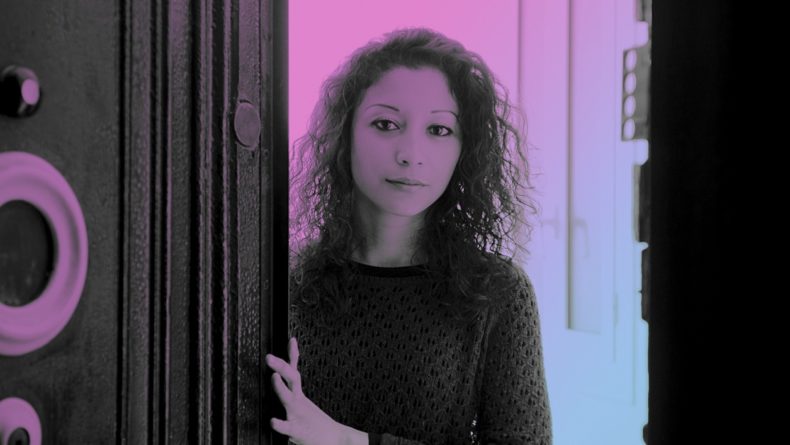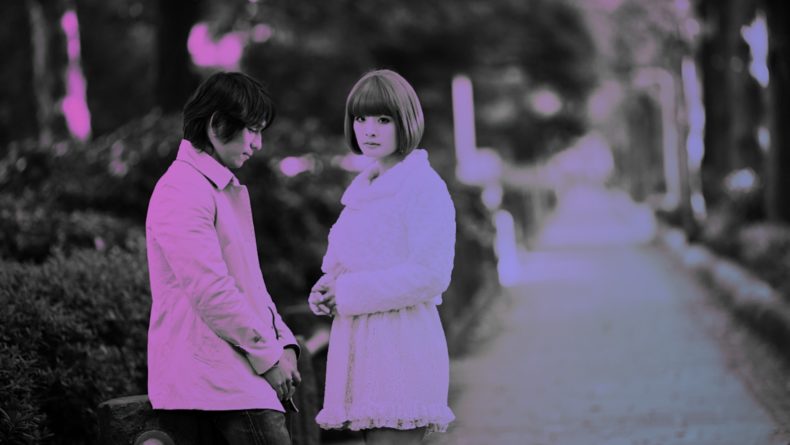Letters From Japan: “We’re Dating, But He Won’t Let Me Call Him My ‘Boyfriend.’ Is Something Wrong?”
Relationship Advice Wanted
Savvy Tokyo's resident "Love in Japan" columnist, Hilary Keyes, answers anonymous questions from readers on everything from dating in Japan to women's health issues. Got a question you'd like to ask Hilary? Email it to editorial@gplusmedia.com with the subject "Ask Hilary."
“Hi, Hilary. I’ve lived in Japan for four years, and have been with my Japanese boyfriend for almost half that. At least I think he’s my boyfriend, I’m not exactly sure what we are to one another. We go on dates, he sleeps over at my place, I go to his, we know each other’s friends and we all spend time together (where we’re obviously a couple), but when I call him my boyfriend, he tells me not to use that word — kareshi (boyfriend), specifically — about him. I asked him why not, and he said he didn’t feel comfortable with that word, but got upset when I asked what to call him instead. We’re still together, but I don’t know what we are to one another. We do everything that couples do, so…?” – What Are We?
Dear, What Are We?
I can tell how frustrated you must be with this situation, and I understand how you feel. I’ve been there before, and it can make what seems like the perfect relationship feel strange if you think about it too much.
There are thousands of sites and magazines out there, each with its own criteria for what constitutes a “real” boyfriend or girlfriend. But I don’t think that’s the issue here. You two go on dates, have a physical relationship, and spend time as a couple. You didn’t mention anything about exclusivity to one another, but I get the impression that this is implied from your message. I think it’s safe to say that he is your boyfriend, and you are his girlfriend.
Trying to define a relationship status like you would on Facebook isn’t clear cut for many people — Japanese or not. A girlfriend, whether called garufurendo (ガールフレンド) in katakana or kanojo (彼女) in kanji means the same thing, so there isn’t an issue with the terminology itself.
My Japanese partner has his own hang-ups with the word “boyfriend” and kareshi. He thinks the terms should only apply to middle school or high school relationships, and maybe casual university ones. He often tells me that as we get older, we should be equal and mature enough to call each other partners.
In terms of official documents, you are either single (未婚, mikon, single) or (既婚, kikon, married) regardless of whether or not you’re in a committed relationship. That tends to be how a lot of the Japanese men I spoke to see it — even if you are technically a couple, you aren’t married, and therefore your relationship isn’t strictly definable by legal means.
Your Japanese partner might object to the label “boyfriend” because he feels like what you are to one another is obvious enough to not require defining. He might not be rushing out to make anything legally binding, but he’s obviously invested in your relationship. I think you should focus instead on why you feel the need to put a label on your relationship. Why does it bother you that he dislikes the word kareshi/boyfriend, when there is nothing to suggest that he is anything but?
Sometimes, trying to pin down what you are to one another is a very subjective hunt through all the details of your relationship. It can dig up old slights that you might otherwise have forgotten, and make non-problems into insurmountable ones.
Forcing someone to label a relationship can make them start to question what the relationship means to them, and whether or not they need the hassle that this labeling process is adding to their lives. “Labels shouldn’t matter as long as you’re happy together” is a piece of advice my friend once gave me, and I try to keep that in mind when dating. I would suggest that, so long as you’re happy with your man, and there are no red flags regarding his loyalties to you, then you should just call him your partner if asked, and leave it at that.
Do you agree with this advice? Do you think it’s important to define a relationship or not? Share your thoughts in the comments below.
















Leave a Reply